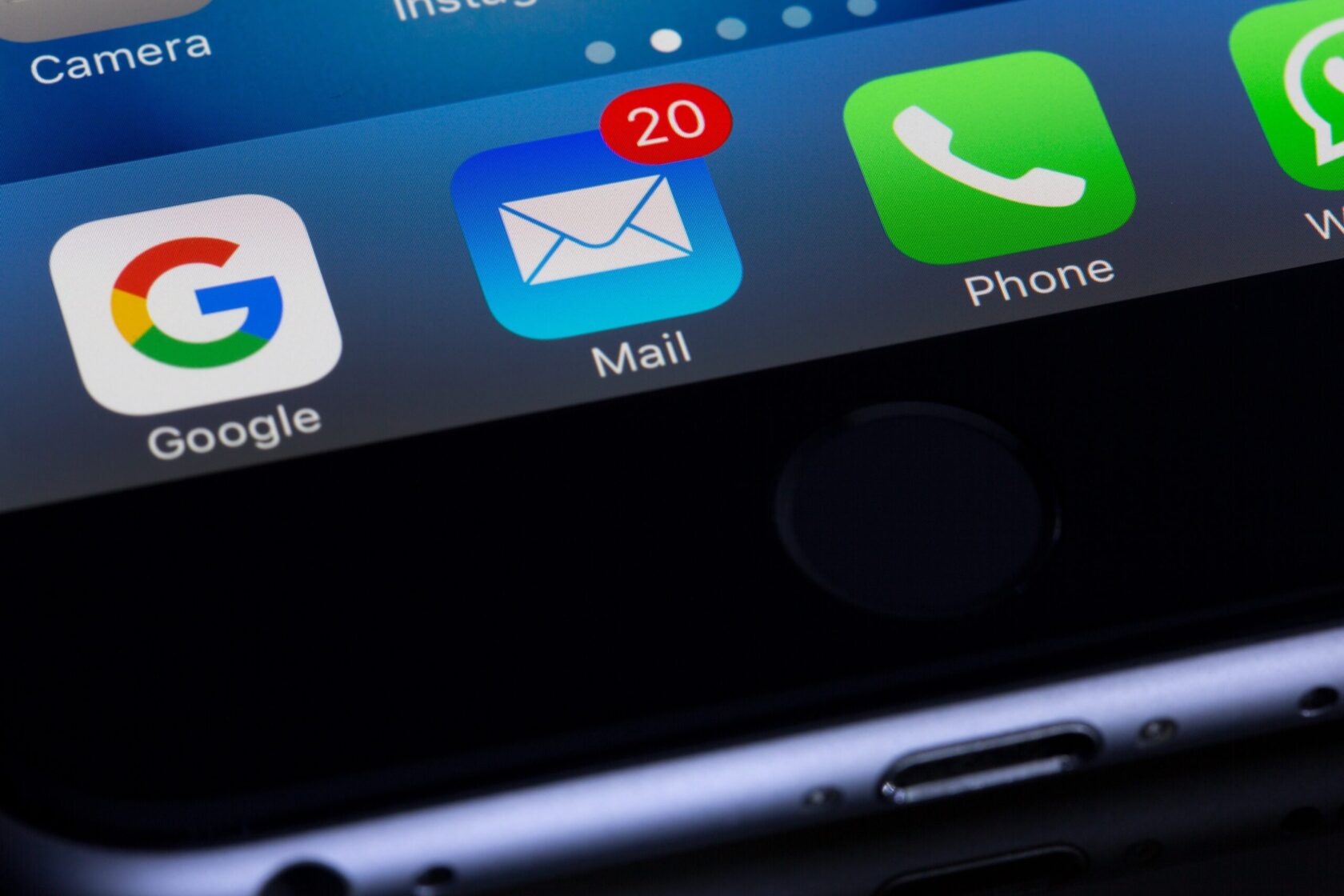
In the fast-paced world of digital agencies, branding and professionalism aren’t just optional extras; they’re the bedrock of success. Picture this scenario: You’re about to meet a potential client, and your agency’s image is on the line. It’s in these crucial moments that the significance of a Custom Domain and White Labeling truly shines. These aren’t just tech buzzwords; they are practical tools that can shape the identity of your digital agency.
So, what are we talking about here? A “Custom Domain” is essentially your digital agency’s unique web address, like www.youragencyname.com. It’s the digital equivalent of your business card and serves as your online identity. In parallel, “White Labeling” is about presenting your agency’s branding on services and products as if they were entirely your own. Together, these concepts pave the way for a powerful impression in the competitive digital landscape. The effectiveness of these practices is not about being flashy but about being professional, a crucial trait that opens doors and builds trust in the digital agency world. So, let’s dive into the core of this article and explore how “Custom Domains” and “White Labeling” can be your agency’s assets in this competitive domain.
1. The Power of First Impressions
In the world of digital agencies, first impressions are more than just niceties – they’re the linchpin of success. When you engage with potential clients, you’re entering a world where impressions matter greatly. Email communication is often the first point of contact, and here’s where “Custom Domains” and “White Labeling” come into play. Imagine this: when a client receives an email from your agency’s custom domain, it’s like presenting a professional, polished image. On the flip side, using a generic email address, or one that is labeled by your client portal service provider, sends a different message altogether, one that may raise doubts about your agency’s professionalism.
The drawbacks of using generic email addresses in the digital agency business are not to be taken lightly. These generic addresses lack the personal touch and branding that a custom domain offers. They might even suggest to your clients that your agency is not giving full attention to the details. Picture yourself as the client, receiving an email from a generic address. It doesn’t exude trust or professionalism. In a business world where trust is a valuable currency, a simple custom domain is your key to making the right first impression. As you explore this article, keep in mind that your email address is the initial handshake in building long-lasting client relationships in the digital agency domain.
2. Custom Domains: Your Brand’s Identity
Let’s demystify “Custom Domains” and understand why they matter. A custom domain is essentially your digital agency’s unique web address, like www.youragencyname.com. It’s the online version of your agency’s business card. The significance here lies in the fact that it gives your agency a distinct online identity. To set up a custom domain, you usually work with a web hosting provider who connects your domain name to your email hosting. This process may sound technical, but its impact is profound. It’s not about merely looking good; it’s about establishing your agency’s identity in the digital realm.
The real gold here is the branding benefits and trust it brings. When clients see an email from your custom domain, it’s like a visual assurance of your professionalism. It shows that you’ve taken the time and effort to build your brand, and this attention to detail fosters trust. It’s not just a technical tweak; it’s a powerful tool that sets your agency apart and underscores its professionalism and credibility in the digital landscape.
3. White Labeling: Seamless Client Experience
Let’s dive into “White Labeling” and understand why it’s a game-changer in the digital agency world. In simple terms, white labeling is like putting your agency’s brand on services or products, even if they’re not originally yours. Its importance in client interactions cannot be overstated. When you employ white labeling, it’s as if you’re presenting a product with your agency’s name on it. This practice ensures that every client-facing experience is uniquely branded to your agency, making it a critical component of your digital agency’s arsenal.
Now, how does white labeling enhance your client-facing services? The answer lies in the consistency it brings. Your client interactions are no longer disjointed but part of a seamless, branded experience. You can apply white labeling across various aspects of your agency’s work, such as reports and client portals. For instance, you can rebrand your reports with your agency’s logo, colors, and styling, giving them a professional and unique touch – or you can brand your client portals with your client’s colors and logos, if the software allows, like SuperOkay does for instance. The result is a cohesive and professional image that speaks volumes about your agency’s dedication to its clients.
4. Security and Credibility
Let’s delve into the essential aspects of “Security and Credibility” in the realm of custom domains and white labeling. These practices are more than just aesthetics; they play a crucial role in enhancing data security and client trust. First, custom domains provide a sense of reassurance to your clients. When they see an email from your custom domain, it communicates that your agency takes data security seriously. It’s like having a robust digital lock on your front door. Clients value this commitment to safeguarding their sensitive information, which, in turn, strengthens trust.
Now, what are the potential risks of not adopting these practices? Using generic email addresses or neglecting white labeling can inadvertently raise doubts about your agency’s professionalism and attention to detail. In an age where data security is a hot topic, a generic email address might give off an amateurish vibe, which isn’t ideal.

5. In the context of a Client Portal
Using a client portal is one of the best ways to turn your agency into a full-on professional business. Client portals such as SuperOkay allow you to implement features such as Email White Labeling, which guarantees that every time you send an email invitation to a new client, the email will appear as coming from your own domain, and not SuperOkay’s. Our platform will also allow you to introduce a custom domain to your portals, so that people can access a URL that looks something like portal.youragency.com instead of portal.superokay.com.
Lastly, in the context of White Labeling, our portals can be customized in many ways to make it look like it’s a seamless part of your brand. You can customize colors, names of modules, background image, logos and much more, to integrate every single portal into your own personal branding or into your client’s branding, if that’s more your style.
SuperOkay has the tools to let you do things your way.
Conclusion
These practices aren’t just about appearances; they’re the backbone of your agency’s professionalism and trust. A custom domain isn’t just an address; it’s your digital identity. On the other hand, white labeling isn’t just about looking good; it’s about presenting a consistent, branded experience in every client interaction.
So, here’s the bottom line: it’s time to take action. If you want to elevate your agency, Custom Domains and White Labeling are your tools of transformation. By adopting these practices, you’re not just enhancing your credibility; you’re setting the stage for trust and growth in the fiercely competitive digital agency world.
Are you already using a Client Portal? SuperOkay gives you 1 client portal free forever to start creating professional-looking Client Portals, custom branded to your clients’ brands – Start today by clicking here!

How to Become a Freelance Web Designer
In today’s digital era, the demand for skilled web designers is skyrocketing. Companies and individuals alike are in constant need of professionals who can creat…

How to Get Your First Client on Upwork
Upwork, a popular freelancing platform, serves as a pivotal gateway for digital nomads and freelancers seeking to kickstart their online careers. Landing your first cl…

How to Write a Proposal (2023)
It can be challenging to know how to write a proposal that resonates with clients and is competitive in today’s market. To help you develop this skill, here are 8 tips…

Project Management Life Cycle: What You Need to Know
For freelancers and digital agencies, the whirlwind of tasks and deadlines can be daunting. But what if there was a way to bring order to this chaos, streamline your p…